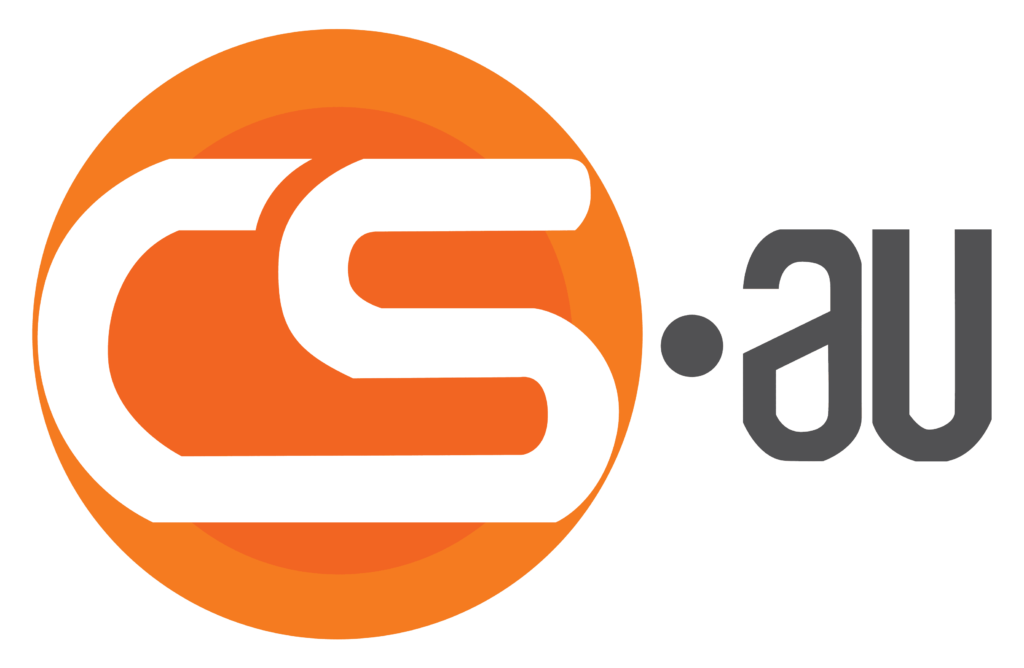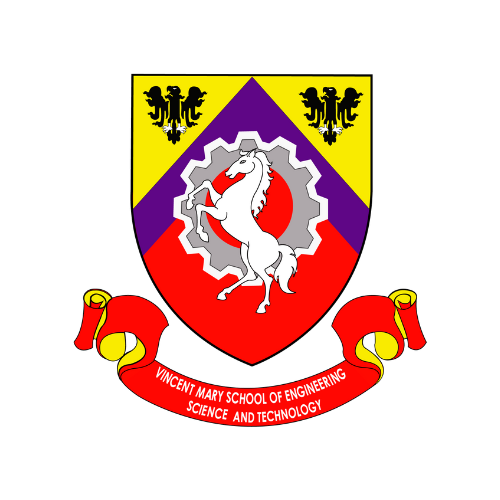
2022 Curriculum (for 651 – 652)
Undergraduates will find that our BSCS program emphasizes on developing the practicality of the knowledge to real-world use. Students learn not only the fundamentals of computer science, but also vigorously on how the knowledge can be applied. Classrooms, learning facilities, and research labs collaborate hand-in-hand to make this happen, as you will find that students learn not only inside the classroom. CS faculty members maintain an extensive technology network in industrial partners so that “real-world” practices are truly real-world and bring out the most optimal benefits for the students.
First, our candidates begin with the masteries of computer programming and the essences of computer science. Then, whether their interest is in creating software innovations, getting a software engineering career in big tech companies, or furthering their study in postgraduate levels, students can select to pursue their track of elective courses that fits their needs, spending their senior year working on real-world projects or software innovations.

Software Engineering and Development
A track for software engineers, from software developers to software process management, whose aim is to develop the skills to further their career path in the software development industry. Candidates following this track focus on every aspects of software engineering, including software process and management, software development, and application platforms and architectures.

Informatics and Data Science
Recommended for researchers and innovators, our Informatics and Data Science track takes students on the road towards becoming true experts in information technology. Built on solid IT fundamentals, candidates can select to specialize in the field of modern computing technologies, such as ambient intelligence, computer vision, and big data analytics.
Curriculum Structure
Total number of credits: 132 credits
- General Education Courses (30 Credits)
- Language Courses (15 Credits)
- Humanities Course (3 Credits)
- Social Science Courses (6 Credits)
- Science and Mathematics Courses (6 Credits)
- Specialized Courses (90 Credits)
- Core Courses (18 Credits)
- Major Courses (39 Credits)
- Major Elective Courses (33 Credits)
- Free Elective Courses (12 Credits)
General Education Courses
Language Courses
ELE 1001 Communicative English I
ELE 1002 Communicative English II
ELE 2000 Academic English
ELE 2001 Advanced Academic English
GE 1403 Communication in Thai
or GE 1408 Thai Usage (for Thai students from International Program)
or GE 1409 Thai Language for intercultural communication (for non-Thai students)
Humanities Course
GE 2102 Human Heritage and Globalization
Social Science Courses
GE 2202 Ethics
BBA 1001 Business Exploration
Science and Mathematics Courses
GE 1302 Ecology and Sustainability
IBE 1122 Accounting for Entrepreneurs
Specialized Courses
MA 1200 Mathematics for Business
CSX 2003 Principles of Statistics
CSX 2006 Mathematics and Statistics for Data Science
CSX 2008 Mathematics Foundation for Computer Science
CSX 2009 Cloud Computing
ITX 2005 Design Thinking
ITX 2007 Data Science
ITX 3002 Introduction to Information Technology
Major Required Courses
CSX 3001 Fundamentals of Computer Programming
CSX 3002 Object-Oriented Concepts and Programming
CSX 3003 Data Structures and Algorithms
CSX 3004 Programming Languages
CSX 3005 Computer Networks
CSX 3006 Database Systems
CSX 3007 Computer Architecture
CSX 3008 Operating Systems
CSX 3009 Algorithm Design
CSX 3010 Senior Project I
CSX 3011 Senior Project II
Major Elective Courses
Major Elective Courses are divided into two groups:
Major Elective Courses Group 1
1(A): Software Engineering and Development
1(B): Informatics and Data Science
Major Elective Courses Group 2
* Students are required to choose one concentration out of 2 concentrations and study 5 subjects (15 credits) from the chosen concentration and study 6 subjects (18 credits) from all major elective courses.
Major Elective Courses Group 1
Group 1(A): Software Engineering and Development
ITX 3004 Information System Analysis and Design
ITX 3007 Software Engineering
ITX 4104 Software Testing
CSX 4107 Web Application Development
CSX 4109 Android Application Development
CSX 4110 Backend Application Development
CSX 4407 Enterprise Application Development
CSX 4180-4199 Selected Topic [in Software Engineering]
Group 1(B): Informatics and Data Science
CSX 4201 Artificial Intelligence Concepts
CSX 4203 Machine Learning
CSX 4207 Decision Support and Recommender Systems
CSX 4210 Natural Language Processing and Social Interactions
CSX 4211 Data Engineering
CSX 4212 Data Analytics
CSX 4213 Computer Vision
CSX 4280-4299 Selected Topic [in Data Science]
Major Elective Courses Group 2
CSX 4108 iOS Application Development
CSX 4202 Data Mining
CSX 4205 Big Data Analytics
CSX 4206 Data Warehousing and Business Intelligence
CSX 4208 Deep Learning
CSX 4306 Internet of Things
CSX 4501 Theory of Computation
CSX 4510 Neural Networks
CSX 4513 AR/VR Application Development
CSX 4514 Cross-platform Application Development
CSX 4515 Game Design and Development
CSX 4516 Reusability and Design Patterns
ITX 2004 UI/UX Design and Prototyping
ITX 3003 Business Systems
ITX 4212 Predictive Analytics
ITX 4213 Artificial Intelligence for Business
ITX 4502 Tech Startup
ITX 4509 Cybersecurity
ITX 4517 Software Configuration Management
ITX 4518 Blockchain and Digital Currencies
ITX 4519 Internetworking Workshop
CSX 4600-4699 Selected Topics
Free Elective Courses
Students can take free elective courses of 12 credits from any faculty in Assumption University upon completion of the prerequisite.
Other Computer Science Curricula



